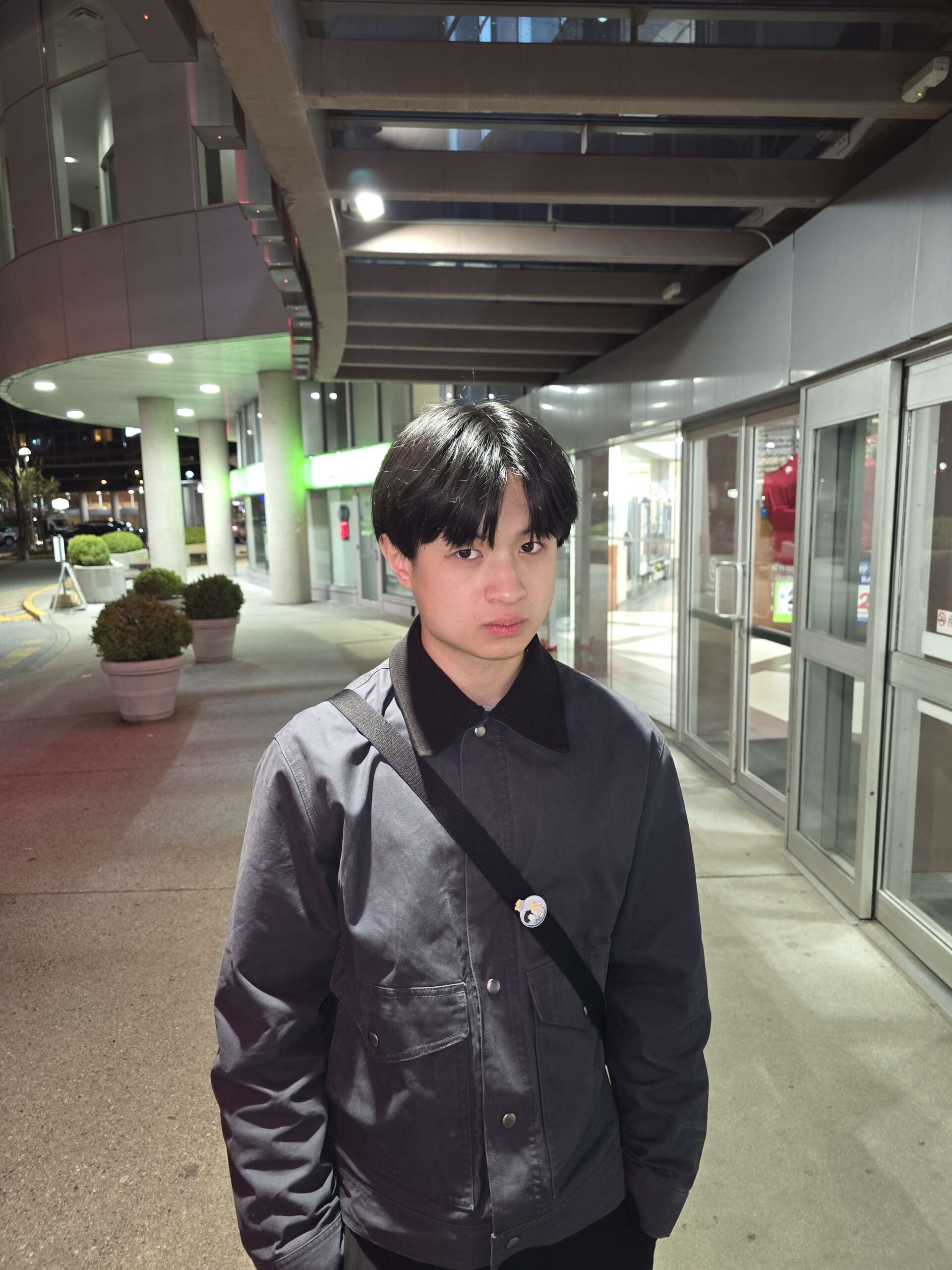An Introduction to My Learning Journey
Hi everyone, my name is Anthony Ho, and I am currently pursuing a Bachelor of Science in Computer Science at the University of Victoria. I am in my 5th and final year of study. My educational journey has been shaped by both school and experiences outside the classroom. Through these, I have had the chance to develop new skills, meet supportive mentors, and discover areas I want to continue exploring. Each step has taught me something valuable about how I learn best and how I can contribute to a team.
My Understanding of Learning
I define learning as taking in new knowledge or skills and being able to connect them in a way that makes sense to me. I think it is not just about remembering information, but about understanding it well enough to use it in real situations. An example of this was when I had the opportunity to complete an internship this summer. In my first week, I was introduced to new tools and systems I had never used before. At first, it felt overwhelming, but I learned to ask questions, take notes, and practice as I went. I also found that I learned best by actually doing the tasks myself, rather than just watching someone else. Over time, I became much more comfortable, and by the end of the internship, I was handling tasks independently. That experience showed me that I learn most effectively when I stay curious, break things down into manageable steps, and give myself the chance to apply what I have learned in a hands-on way.

How I Learn Best
When I think about different approaches to learning, the one that aligns most closely with my style is constructivism. I find that I understand concepts more deeply when I can build on what I already know and apply them in a hands-on way. For example, during my internship this summer, I did not learn much just by watching someone else complete tasks. Instead, I made the most progress when I practiced the tasks myself, asked questions, and connected the new tools I was learning to things I already understood. This fits with the idea that learning is an active process where meaning is constructed rather than just absorbed. This way of learning has shaped how I participate in educational experiences, too. In classes, I focus on applying concepts through practice problems or activities, and I try to connect new ideas to previous knowledge. It also makes me more comfortable collaborating with others, since discussing ideas helps me build my own understanding.
My Motivation in Learning
Motivation also plays a big role in how I learn, and I find that confidence is the most important factor in keeping me engaged. I stay motivated when I see progress and feel more capable over time. A good example of this is with fitness. When I first started working out, many exercises felt difficult and I was not sure if I was doing them correctly. What kept me going was noticing small improvements, like being able to lift more weight or finish more reps than before. Each bit of progress built my confidence and encouraged me to keep training. Over time, this consistency helped me reach goals I never thought I could. This experience showed me how powerful confidence can be in learning. Once I know that my effort is leading to growth, I am much more motivated to keep pushing through challenges. I carry this same mindset into academics, reminding myself that steady progress eventually leads to big results.
Adult Learning and Prior Knowledge
Prior knowledge also shapes how I approach new learning. This was especially true when I first started university during COVID, when most classes had suddenly shifted online. Because I was already familiar with navigating different apps and troubleshooting small issues on my own, I was able to adjust more easily to online platforms like Zoom and our university’s course management system, Brightspace. That familiarity gave me the confidence to focus on the actual course material instead of getting stuck on the technology itself. This experience showed me that even day-to-day use of technology can carry over into the classroom. Prior knowledge does not always have to be formal; it can come from habits we have already built that make new challenges more manageable.
Sharing these experiences has reminded me of how much my learning has been shaped by both school and life outside of it. I am excited to continue building on that in this course and to hear about the different perspectives everyone else brings.
